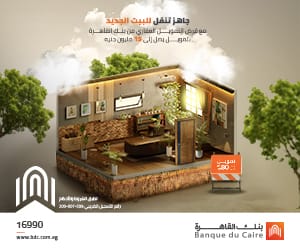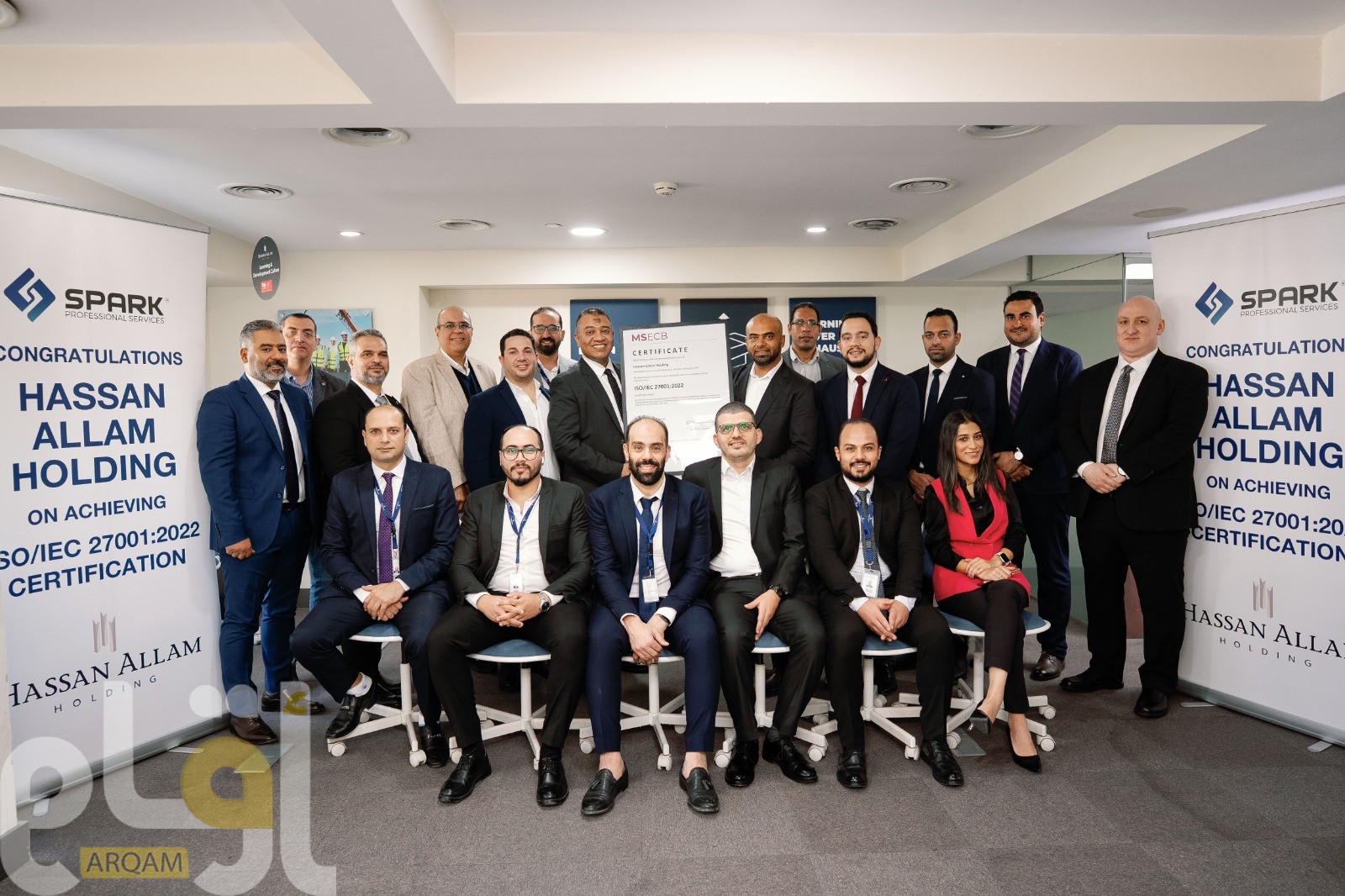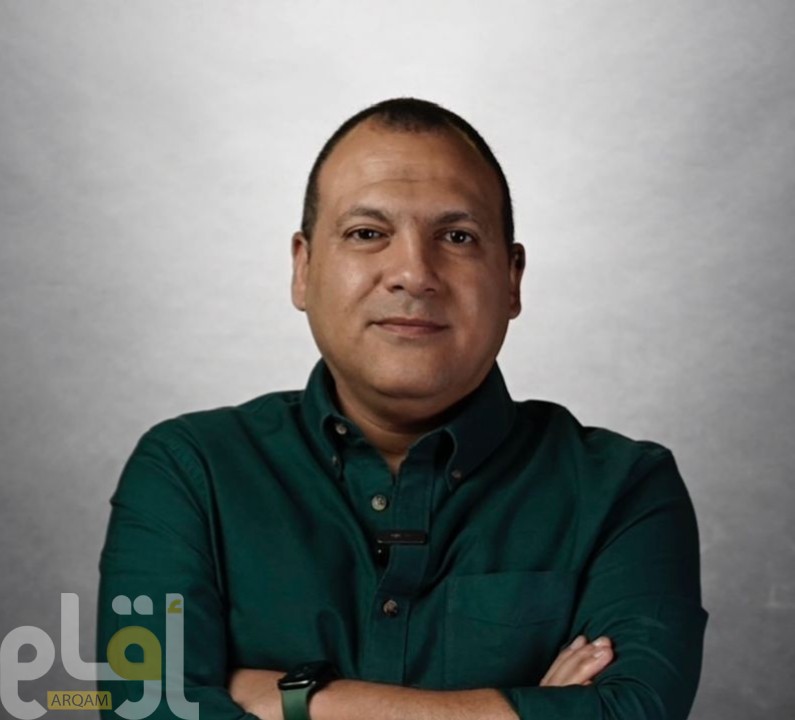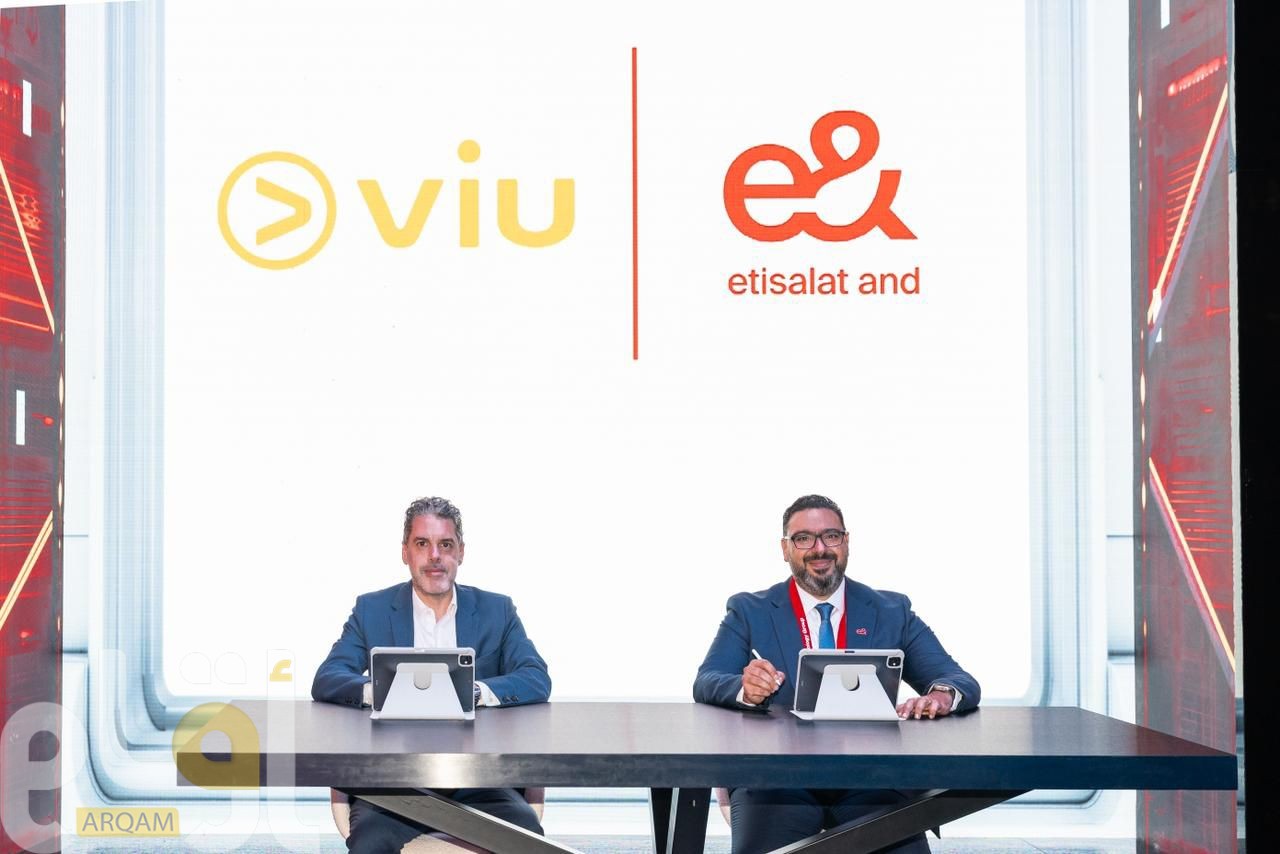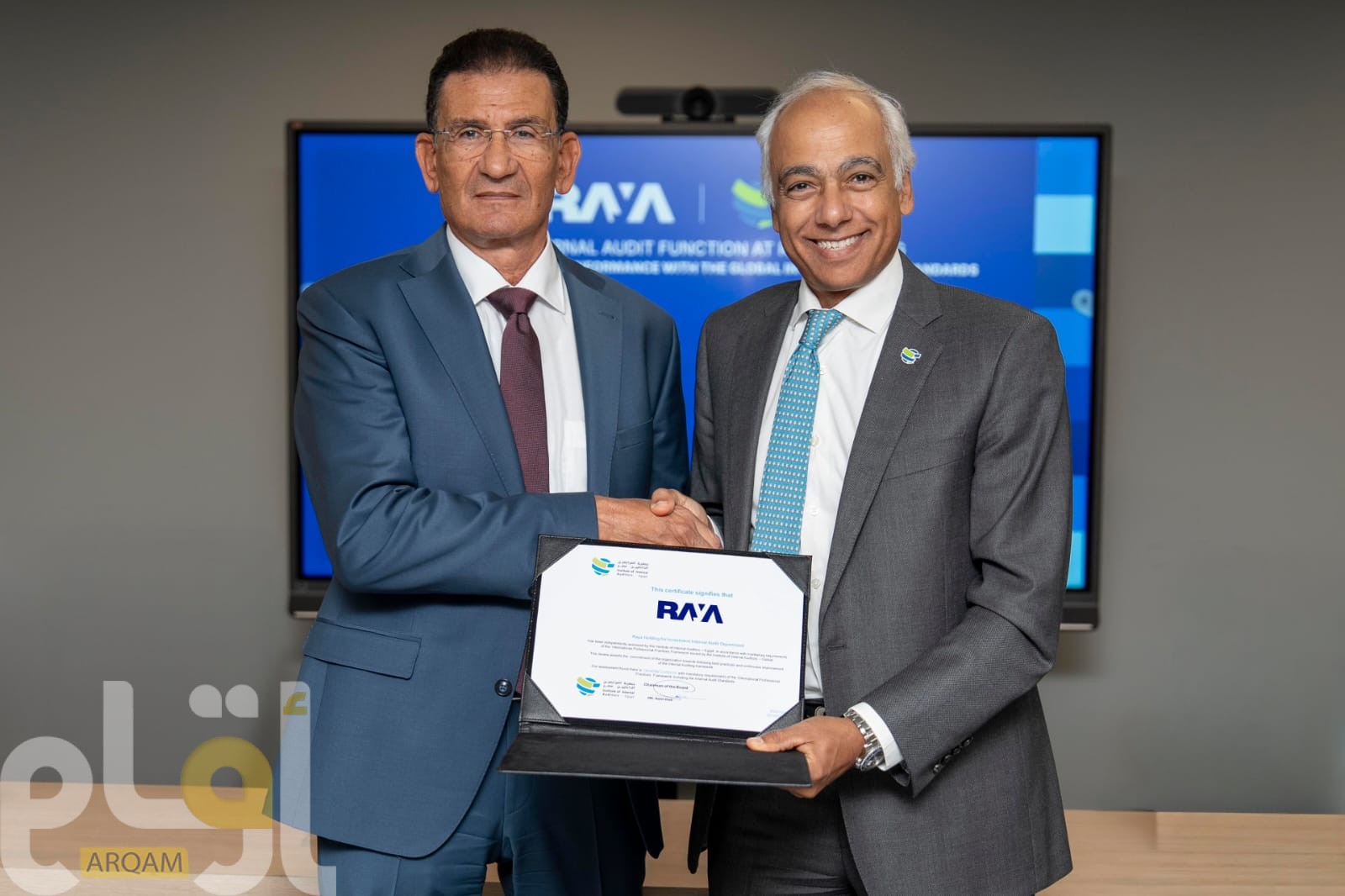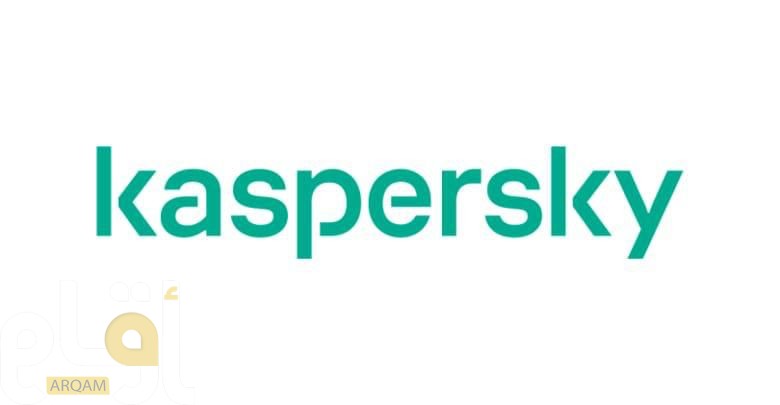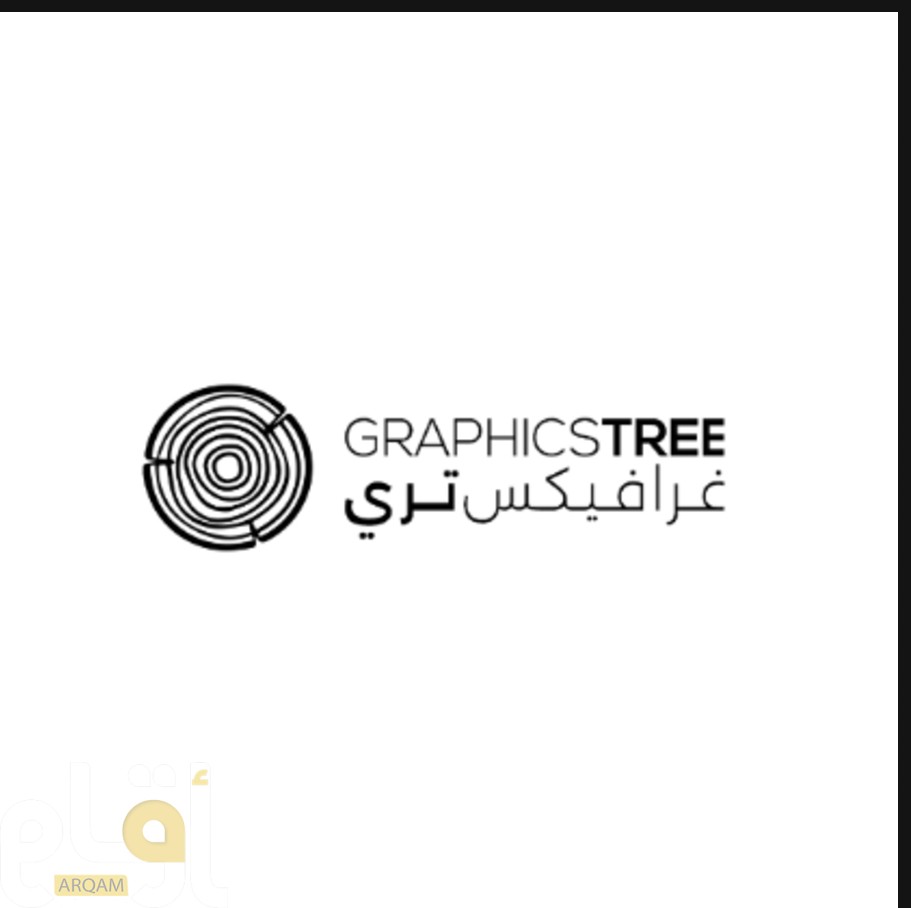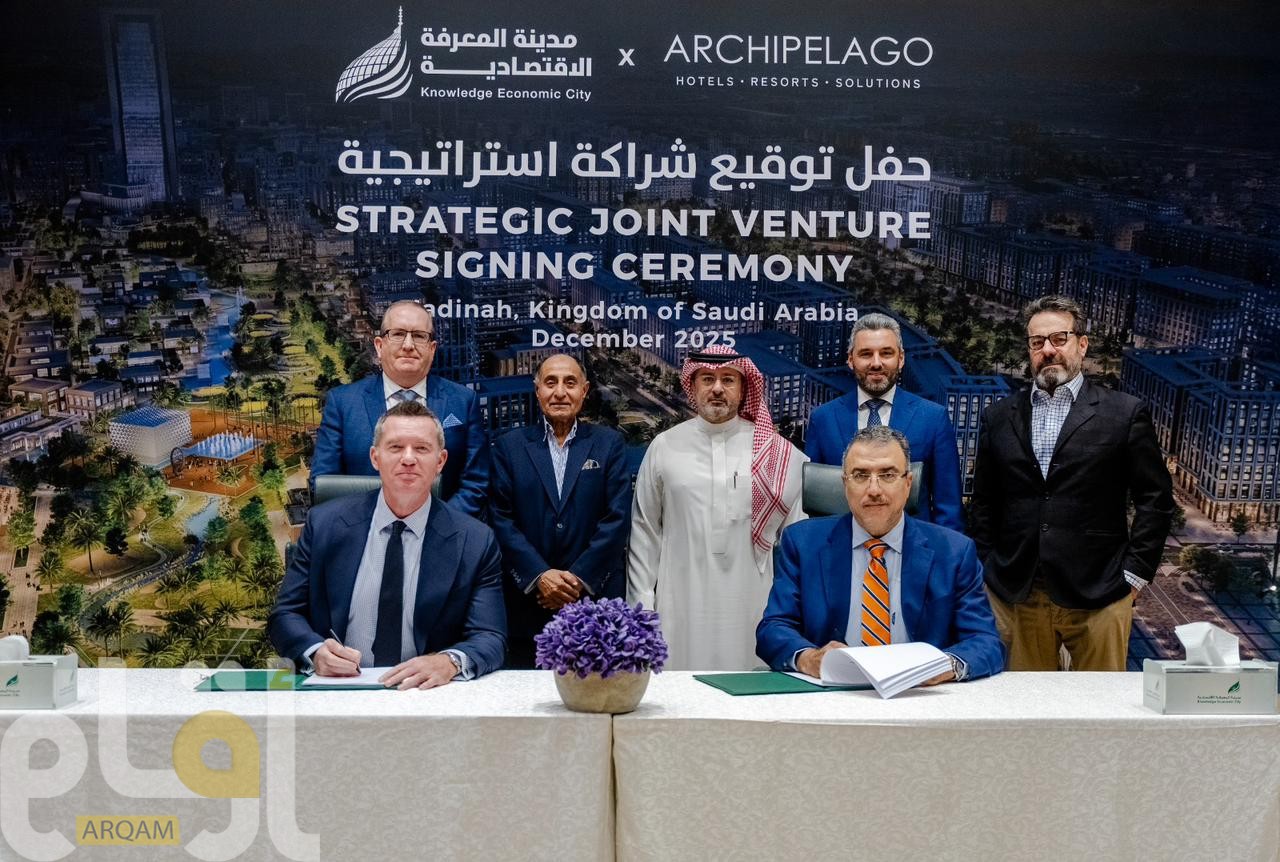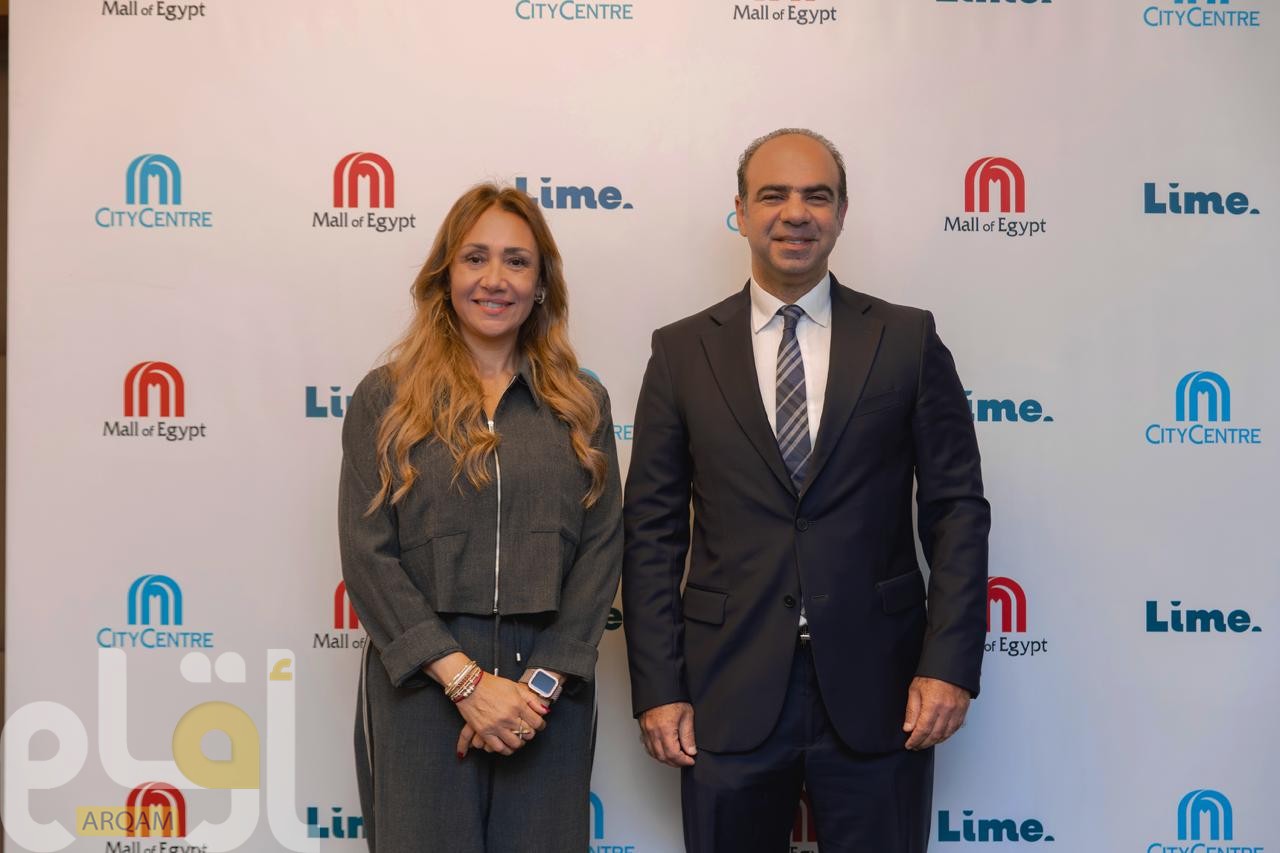Eng. Khaled Abbas, Chairman of Administrative Capital for Urban Development (ACUD), highlighted, in his opening speech at the 9th edition of the Think Commercial Roundtable, the crucial role of real estate sector in driving investments and exports in Egypt, while showcasing the ongoing urban development taking place in the New Administrative Capital.
The event was held under the patronage of Ministry of Housing, Utilities, and Urban Communities, and Real Estate Development Chamber at Federation of Egyptian Industries, with the aim of discussing the latest developments in the local real estate market and exploring future investment opportunities.
The conference opened with a video titled “A Dream Come True”, which highlighted the comprehensive urban development witnessed by the New Administrative Capital across various levels, underscoring the ongoing ambition to expand future achievements.
The event was attended by a number of senior executives, businessmen, investors, and real estate development experts, led by Eng. Naguib Sawiris.
In his opening remarks, Eng. Khaled Abbas said that the real estate sector will remain a cornerstone for driving investment and attracting investors, affirming that the New Administrative Capital stands as a living model of Egypt’s potential for sustainable urban and investment expansion.
Abbas pointed out that the governmental agencies and ministries have been operating from the New Capital for two years, noting that the House of Representatives will be based there after the elections, along with the Senate and the Central Bank of Egypt, making the capital a fully integrated administrative and economic hub.
He added that the company is currently managing a 40,000-feddan project, which includes buildings and essential infrastructure to meet all the needs of residents and investors. This also marks the company’s first investment in constructing a water treatment plant with a capacity of 1.5 million cubic meters, along with a wastewater treatment plant—an initiative that reflects the scale of the project and its ambition to deliver an integrated urban model.
Abbas dislcosed that the company is preparing to offer around 30% of the available land soon along with offering the New Financial District, with plot sizes ranging between 3,000 to 5,000 sqm, noting that the announcement will be made before the end of this month.
These plots enjoy a strategic location and strong appeal to serious developers capable of delivering projects according to the set standards, with the expected value of the upcoming offerings estimated between EGP 15–20bn, and possibly exceeding that figure, Abbas added.
The ACUD’s chairman explained that the company is going to announce about 4 to 5 new partnerships, each spanning between 300 to 500 feddans, noted that about 10 requests have already been received from investors, both from Egypt and Arab countries, highlighting that investment in services is currently considered the most crucial area.
“The ACUD is carefully studying the market to set prices based on demand and market trends, aiming to serve 50,000 residents in the current phase, with the number expected to reach a 750,000 residents and tenant by the beginning of next year. This growth will drive demand for services across all sectors, including commerce, administration, education, and healthcare,” Abbas said. “Additionally, the facilities offered to serious developers, stressing that strict measures are being taken against non-committed ones.”
He revealed that the constructions of second phase of the New Capital will begin at the start of next year, following the completion of the first phase.
He further noted the completion of contracts for the 1,800-feddan industrial zone and the ongoing work on its basic infrastructure, reaffirming the company’s commitment to the project timeline despite the economic challenges it has faced over the past seven years.
Abbas indicated that investments in the New Capital this year reached about EGP 50bn, the same as last year, while the city’s assets amount to around EGP 360bn, added that the project has generated profits of EGP 35bn since the beginning of the year and paid about EGP 9bn in taxes to the state during the current year.
In closing, the ACUD’s chairman emphasized that the New Administrative Capital was built on the concept of sustainability, with a focus on water reuse, solar energy utilization, electric buses, as well as the application of robotics technology and global expertise to create a fully integrated smart city.


